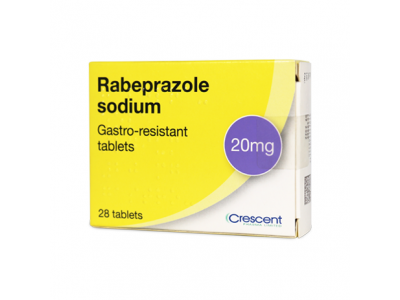Rabeprazole and omeprazole are both proton pump inhibitors (PPIs) used to reduce stomach acid and treat conditions such as gastroesophageal reflux disease (GERD), peptic ulcers, and other acid-related disorders. Both medications are effective, but there are some differences in their properties and how they might be perceived in effectiveness.
Rabeprazole is often considered to have a faster onset of action and a potentially more consistent acid suppression compared to omeprazole. It may also have a slightly different metabolic profile, which could influence its effectiveness and side effect profile in some individuals. Omeprazole is widely used and well-established, with a long history of clinical use supporting its efficacy and safety.
The choice between rabeprazole and omeprazole can depend on individual factors such as how well you tolerate the medication, how effectively it controls your symptoms, and any other health conditions you might have. Some people may respond better to one drug than the other due to personal variations in metabolism or sensitivity to side effects.
Ultimately, both medications can be effective for managing acid-related conditions, and the decision on which one to use should be guided by your healthcare provider based on your specific needs and response to treatment.

